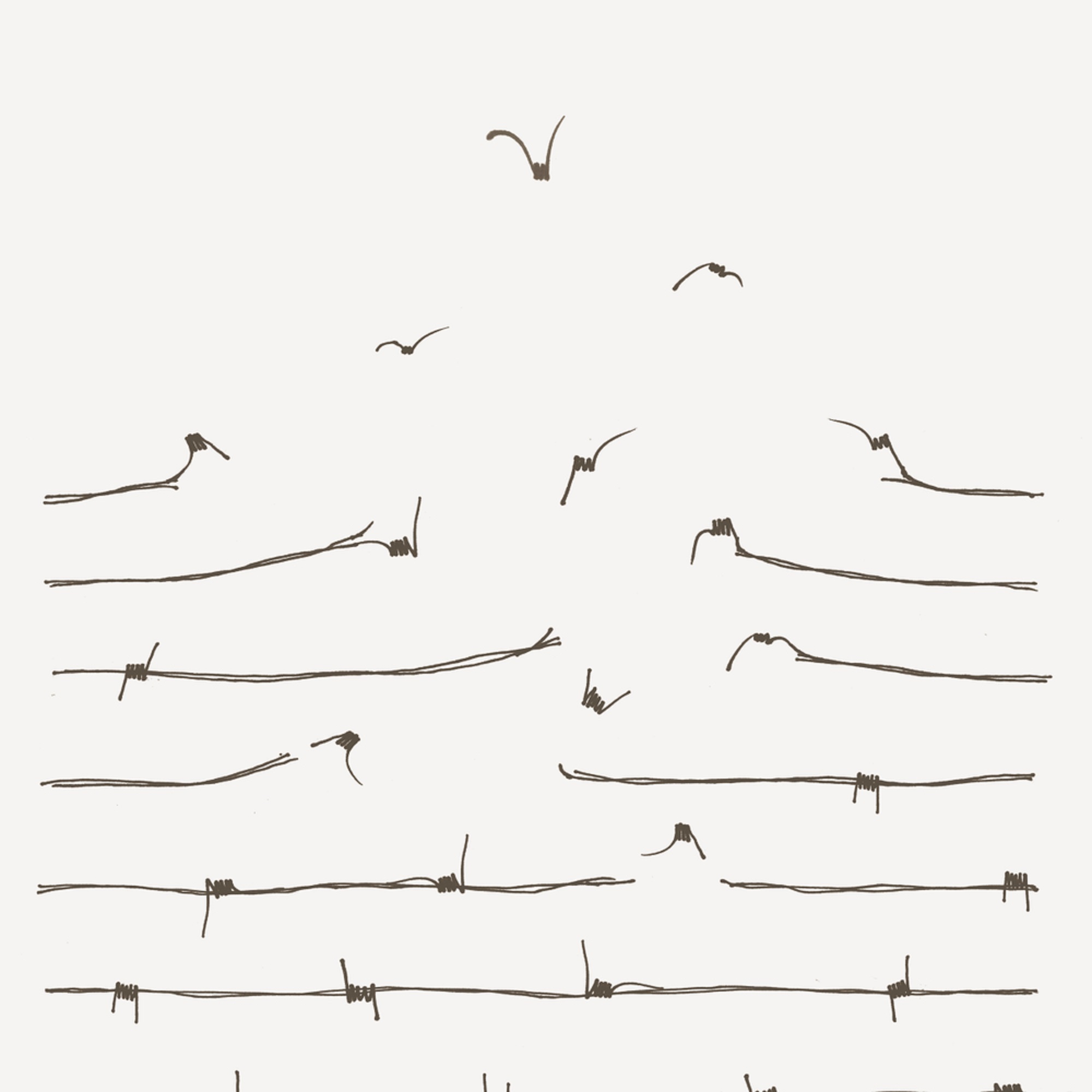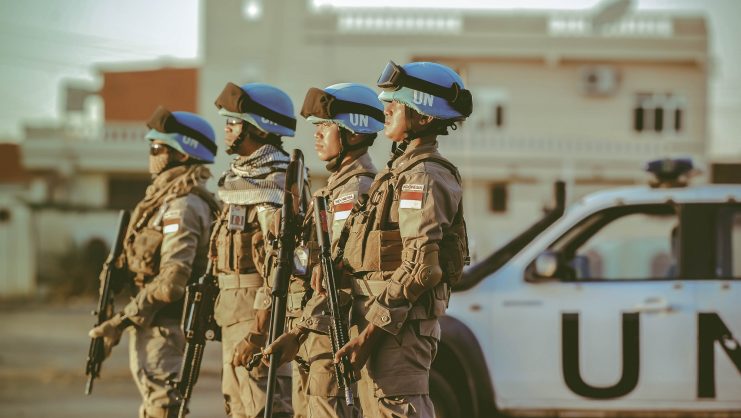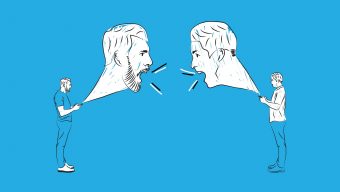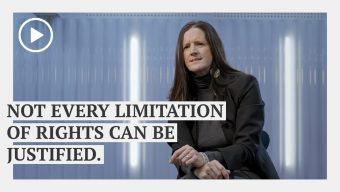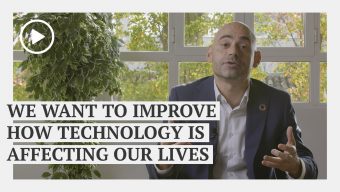We demand freedom! If it is not bothering or harming others, why can’t we do whatever we want? We deserve to feel alive and in order to feel alive, we must be free! These cries have become a recurring theme as of late.
The measures taken to combat the pandemic caused by the Covid-19 virus have limited our freedoms and prevented us from doing many of the things we enjoy, such as meeting our friends and family to have dinner or a drink together, traveling, going to parties, celebrating birthdays and weddings, and even attending funerals. In many places around the world, people are still subject to lockdowns and restricted by their governments from going out whenever they want. These restrictions have led to the idea of freedom being bandied about as a rallying cry. This protest over the curtailment of certain liberties considered to be basic human rights now frequently comes wrapped in political overtones, and these days it is often a cry distorted by fatigue.
Some people currently identify freedom with a kind of “free will” based on one’s means. In other words, it is about being able to satisfy our wishes and wants, when we have the luxury of being able to do so. This utilitarian perspective, however, taints the very concept of freedom it claims to exalt. This is because freedom is not about doing whatever we want, but about making sure that we all – each one of us – have the capabilities and opportunities to satisfy our needs and wants.
In his widely praised book, Development as Freedom, Nobel Prize winner Amartya Sen puts forth the idea that freedom and development are connected and argues that freedom can be defined as the expansion of capabilities and opportunities that enable each individual to have the life he or she desires. Sen put forth five distinct types of interrelated freedoms:
- Political freedom: free elections, freedom of expression…
- Economic facilities: employment, competitiveness, free market…
- Social opportunities: access to adequate education and health care…
- Transparency guarantees: trust in governments, non-corruption…
- Protective security: laws, order, absence of crime…
It is indeed tempting to cherry-pick one or two of these five freedoms according to our ideology or our means. But, Sen asserted that it is important to hone the ability to develop all five types of freedom in order to attempt reaching a truly humane society.
Rawls put forth the idea that a free and fair society can be established when we make decisions despite how they will impact our unique, individual situation.
This is, of course, a difficult endeavor because, while most individuals can agree on its essential nature, an exact definition of freedom evades us. This is due to the fact that everyone’s concept of freedom differs in slight but impactful ways. For example, some people may feel that freedom depends primarily on security and the protection of their private property while others might claim that social opportunities are paramount.
Freedom: justice together with equality
For the philosopher John Rawls, liberty is closely related to justice and equality and we should all have the same opportunity to develop our liberties and live in a fair society. As Rawls details in his book A Theory of Justice, our decisions must be made impartially and from the “veil of ignorance,” meaning without the influence of our position from birth and our life experiences.
This implies that an individual would not bring their own biases or mis/fortune into the decision-making process. For example, someone could impartially decide to improve access to infrastructure, regardless of whether they themselves have a physical disability or not; grant financial aid to a student, regardless of whether they themselves are a civil servant, a business owner, or an hourly worker; or they could decide to increase the ease of access to university regardless of their own personal economic resources.
Thus, Rawls put forth the idea that a free and fair society can be established when we make decisions despite how they will impact our unique, individual situation. According to this approach, then, our pandemic decisions should be made not based on whether we are personally low or high risk of infection or have access to healthcare but by taking into account the whole of everyone’s health, economic, and social situation.
The tragedy of the commons
Over these past long months, many of us have run into people – on the street, in a store, at the gym, or even amongst our family and friends – who are not wearing their face mask properly or perhaps not wearing one at all. They may consider this act an individual decision based on their own free will.
If we continue to define freedom as everyone doing what they want, the most vulnerable will continue to suffer through this pandemic.
These days, the correct use of a mask is a proven health safety measure. It is also an act of generosity and care for others, because we can transmit Covid-19 even when we don’t have any symptoms. Free will (or the notion of “freedom” that allows us to disregard the fate of others) actually increases our chances of becoming infected, not being able to continue any of our daily activities, and putting our own lives and those of others at risk. In this respect, free will threatens our freedom.
This is akin to what William Foster Lloyd coined in 1833 as the tragedy of commons, in which individuals take advantage of common resources for their own gain. For example, when people or companies overexploit or pollute natural resources for their individual benefit (often monetary profit), the opportunity for society at large to use and appreciate these resources is diminished by the building environmental crisis.
If we continue to define freedom as everyone doing what they want, the most vulnerable will continue to suffer through this pandemic – because not only is their health at stake but so are their liberties. As a society, it is our moral responsibility to change the “be free” narrative to “let’s become free.”
© IE Insights.



